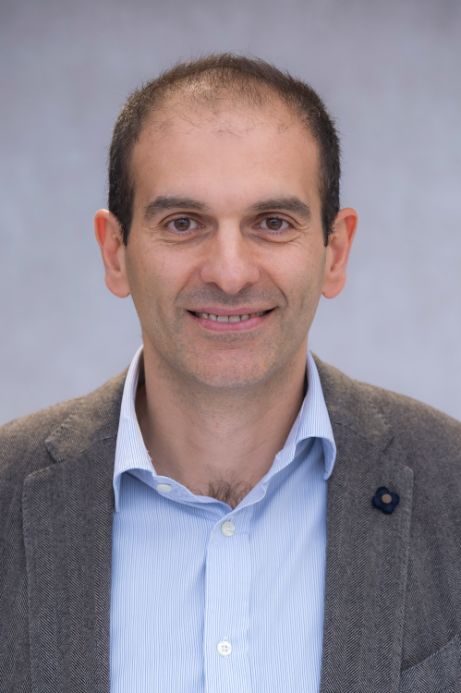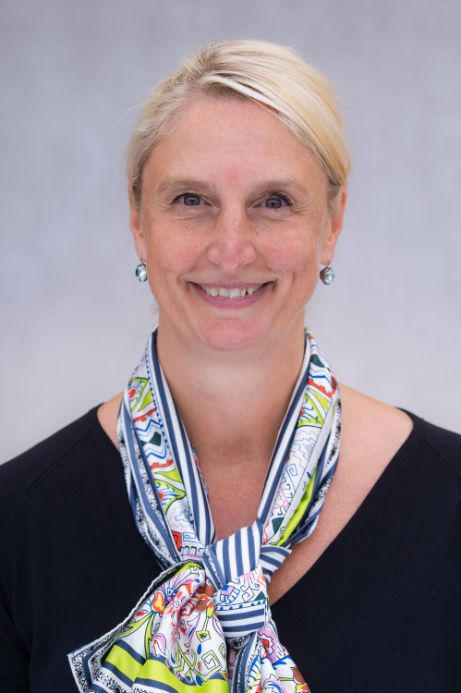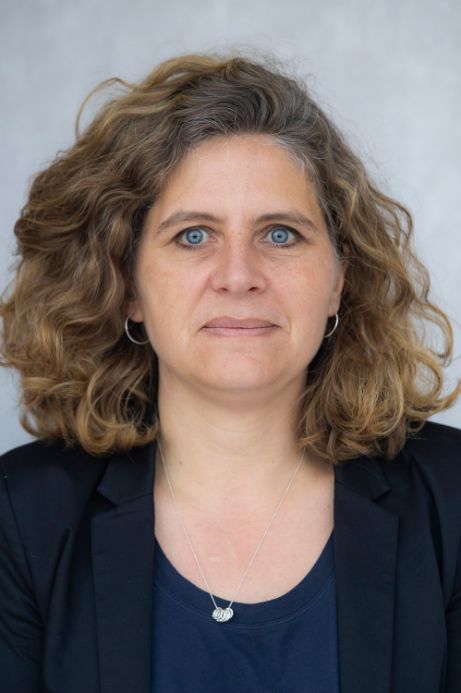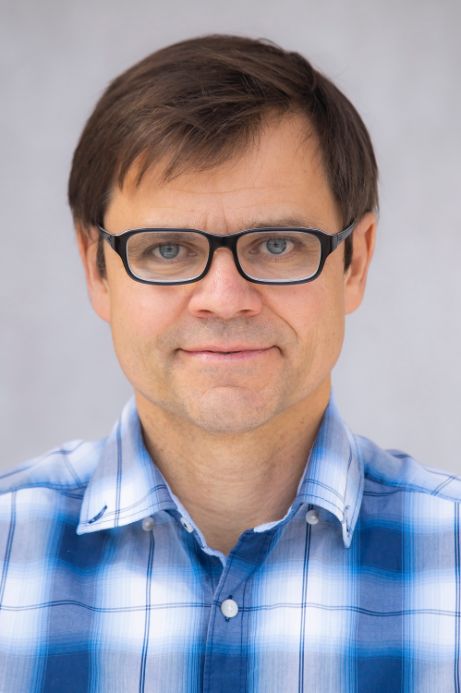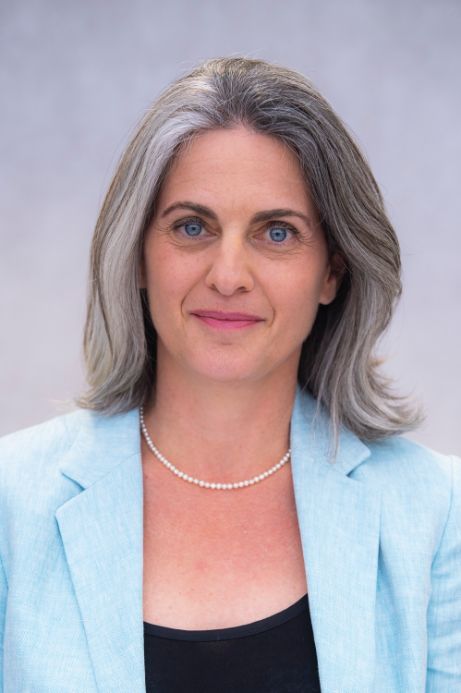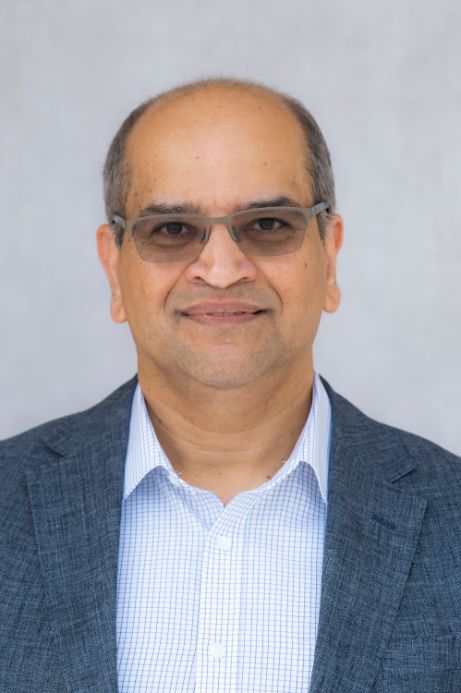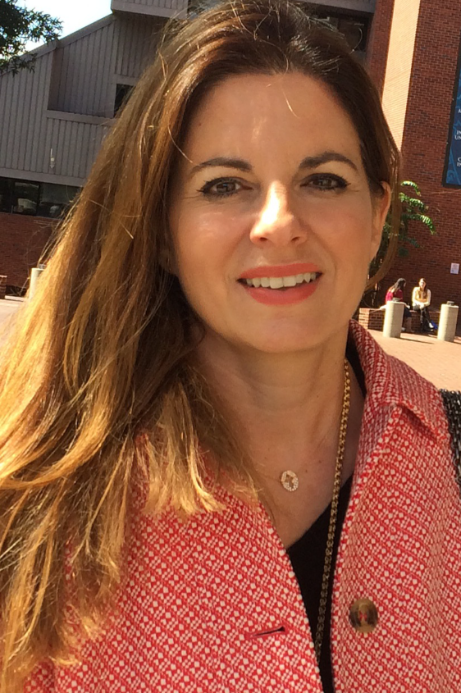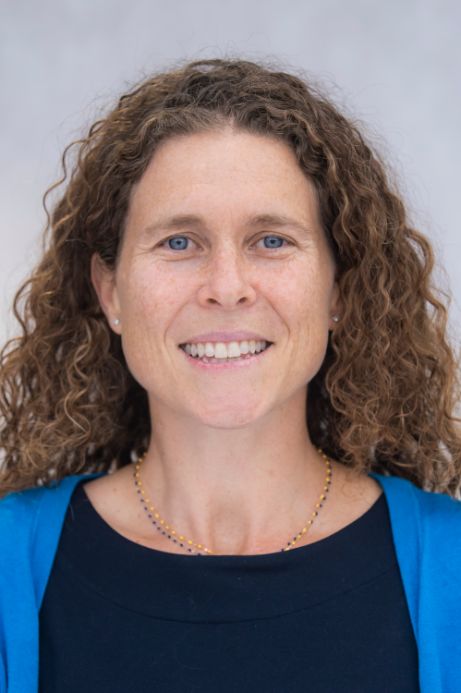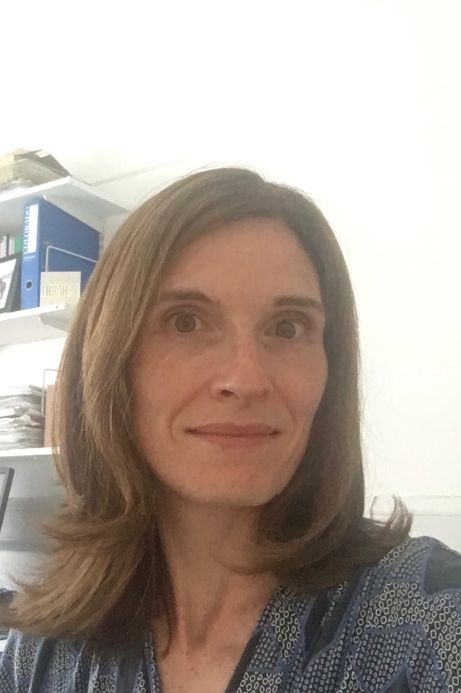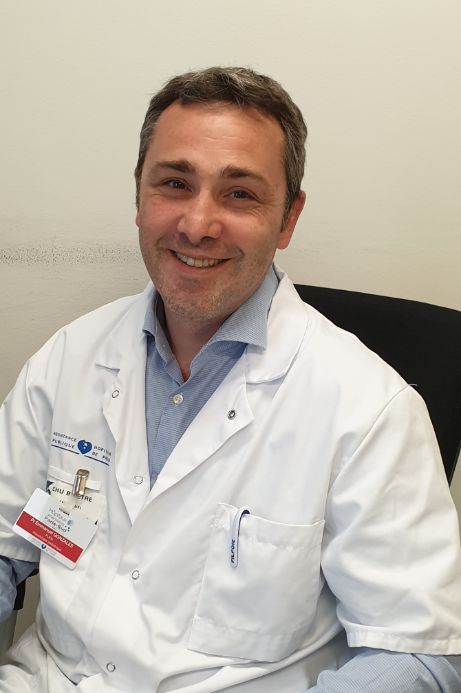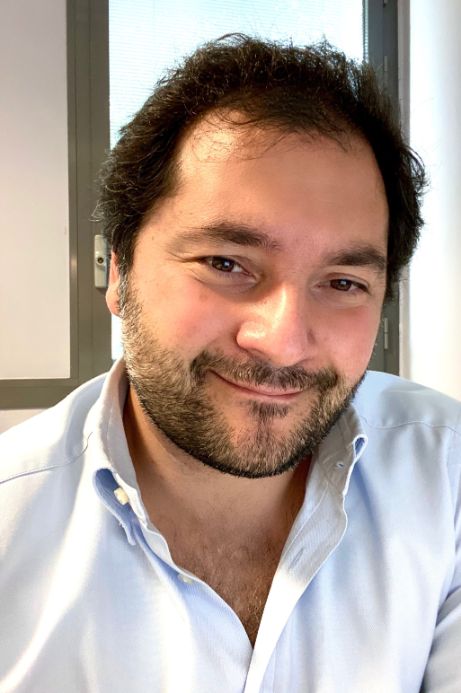Contact:
Valerie Mc Lin, Switzerland, email: Valerie.McLin@hcuge.ch
Description: Absence of portal flow or incomplete portal flow is known to lead to a number of systemic complications in portal hypertension secondary to cirrhosis, in pre-hepatic portal hypertension secondary to obstruction of the portal vein with cavernous transformation, and in the rare setting of congenital porto-systemic shunts (cPSS).
Although its prevalence is not known, cPSS is believed to be a relatively rare condition in humans. cPSS are associated with severe systemic complications at all ages, which is why developing a registry to understand their prevalence, clinical and pathological presentation, and natural history is of considerable clinical importance.
The potential implications of abnormal porto-venous shunting and decreased hepatic portal flow are numerous and potentially serious. In children, cPSS are increasingly sought in patients presenting with unexplained neurological or psychiatric abnormalities, severe cardiopulmonary complications such as hepatopulmonary syndrome, portopulmonary hypertension and neonatal hight-output heart failure, as well as in primary liver tumours [1]. Other less well described associations include growth retardation or overgrowth, nephropathy and coagulation abnormalities. In adults, cPSS have been reported at all ages, and are often interpreted as incidental findings, although in referral centers they are now sought as part of the work up of pulmonary hypertension [2]. Although cPSS are increasingly suspected and sought in specialized centers, much is still unknown clinically, histologically and biologically. They have been studied in some detail in other mammals including dogs, cats[3], and mice [4].
Although these models are valuable, understanding the pathophysiology and natural history in human subjects is paramount for two reasons: first, to identify patients at risk of developing complications, and second to determine the timing and type of management according to clinical presentation. At present, this rare clinical problem affecting both children and adults is managed and studied in a few specialized centers thereby lending itself well to the creation of a collaborative registry with the goals to a) characterize the natural history of cPSS b) develop a clear, consensual nomenclature c) identify subjects at risk of developing complications and d) standardize care of patients with cPSS.
Projects & Activities: to learn more about the IRCPSS, you can download information here.
Terms of Reference: to view the ToR of this Group, please click here.

